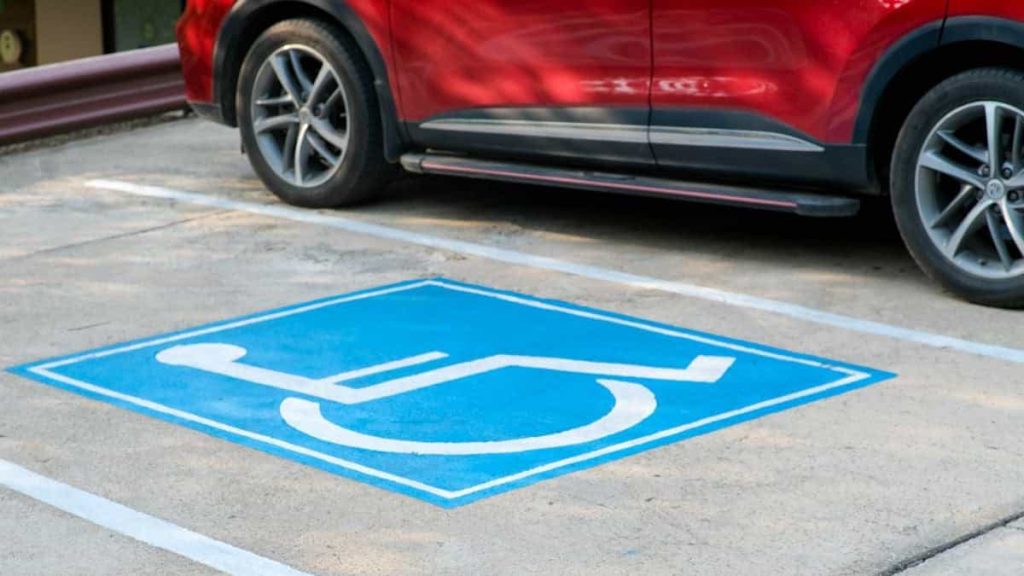Show table of content
Hide table of content
A husband in Chambéry, France, expressed his frustration over his disabled wife’s mobility challenges by taking drastic action against vehicles parked in spaces meant for individuals with disabilities. His actions, which have ignited a conversation about disability rights and vigilante justice, resulted in significant legal issues while underscoring the difficulties that those with mobility impairments face.
Radical Measures Against Parking Offenses
On March 24, 2025, local police apprehended a man who was caught utilizing a screwdriver to puncture the tires of parked cars. This encounter occurred late at night when officers from the anti-crime unit observed him vandalizing a vehicle and swiftly took him into custody for questioning.
During the police interrogation, the man revealed that he had damaged a total of 53 cars. His motivation was not mere vandalism; he specifically targeted vehicles occupying disabled parking spots without the proper mobility inclusion card.
The man shared that his wife has a disability that greatly affects her movement. It became increasingly challenging for them to find accessible parking as non-disabled drivers frequently occupied the reserved spaces. This distressing situation mirrors positive community interventions seen elsewhere, such as when a police officer raised funds to assist a delivery driver facing hardships.
After several hours in custody, the man was released pending further legal procedures. Nonetheless, he is poised to face serious repercussions for his actions, with an upcoming court appearance scheduled to address the property damage he caused.
Understanding Regulations for Disabled Parking
In France, as in numerous other countries, designated parking areas for disabled individuals are strictly regulated, ensuring vital accessibility for those with mobility limitations. These spaces are designed to facilitate easier access to buildings and services, while offering wider room for wheelchair transfers and adaptive vehicle equipment.
French law mandates that only vehicles clearly displaying an official mobility inclusion card may utilize these designated spots. This regulation aims to protect the rights of those who genuinely require these accommodations, as highlighted on the French government’s website, which asserts that parking in these areas without proper identification is illegal.
Implications for Disability Rights
The events in Chambéry have ignited vital discussions regarding the enforcement of disability rights and the frustrations experienced by individuals with disabilities. While the husband’s actions are not legally justifiable, many advocates for disability rights can empathize with his feelings of anger and helplessness.
For those facing mobility challenges, the choice of others to park in accessible spaces poses immediate, significant barriers. What might seem trivial to some can severely limit a disabled person’s ability to obtain essential services or engage in community life.
This incident highlights the disparity between existing laws and their enforcement. Effective monitoring often relies on citizen reporting, which can leave many violations unchecked. Raising public awareness about the necessity of these regulations could diminish illegal parking and foster a culture of respect for accessibility needs.
This case serves as a stark reminder that accessibility is a fundamental right that enables individuals with disabilities to fully participate in society. As frustration mounts due to violations of these rights, communities must explore approaches to protect the rights of disabled citizens through consistent enforcement and education.



